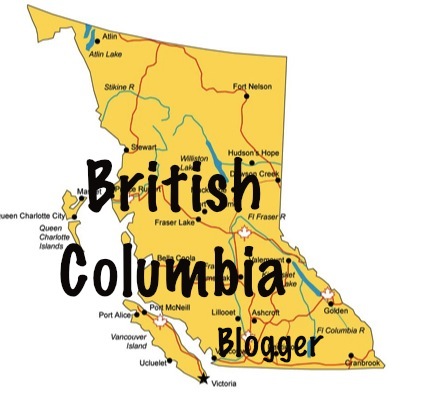But it had me thinking about the people with whom I do this anyway. They aren't formal critical friends, per se, as we have not made any formal agreement or set any rules/expectations/time frame from which to operate. However, I would like to suggest that these informal critical friends are just as important as the formal critical friend relationship.
Who are these informal critical friends? They are the people that we talk to about education on a regular basis. We may not have regular meeting times but we get together for coffee or dinner and talk about what is new and exciting in our classrooms and in education in general. It's the teacher down the hall who you go and visit after school to celebrate with because you are bursting with excitement about a successful lesson. Or, for many of us, the teacher down that virtual hallway (twitter).
Being a connected educator has enabled me to experience the perks of a critical friend without even really knowing it. As I move forward I would like to explore the benefits of a more formal critical friend relationship (anyone with experience in teacher education want to sign up for that?), but I already know that that will never replace the energy I get from all of you, my friends and colleagues with whom I discuss learning, education, passion, and life.
Thank you. All of you.
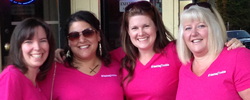
We get together regularly to discuss education.
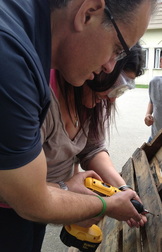
He is my former principal and has pushed my thinking and learning further than anyone else I can think of. I became a different kind of learner and teacher because of him and his mentorship.
Thank you Antonio.
Here he is pushing me out of my comfort zone again.
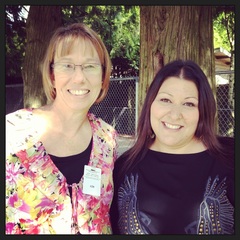
Here we are together in person. Denise drove up to Surrey, BC in the Spring of '13 and it was so wonderful meeting her and her wonderful family in person! I love twitter, but there is something really special about talking to a person face to face!
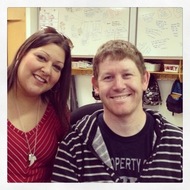
And of course, I cannot leave out Hugh McDonald (@hughtheteacher), probably my closest critical friend! I have learned so much from, and with this guy! I miss teaching with you, buddy.
I could go on and on listing people who have taught me so much and who are such important informal critical friends, because there are so many! But I will stop here as it is time for me to check out who is presenting next at #RSCON4 (http://www.futureofeducation.com/). Check out the link to find another way to get connected!
And again, thank you all for being my critical friends.
How do you get feedback on your teaching/practice/thoughts/ideas? Do you have a critical friend? Is it a formal relationship, with arranged meeting times? Or more informal, like the ones I have described? I would love to hear about them! And again, if there is anyone working in teacher education who wants to arrange some sort of formal critical friendship, please let me know!




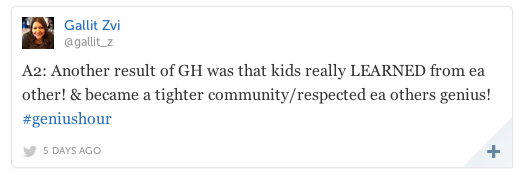
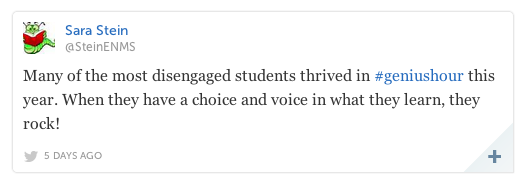

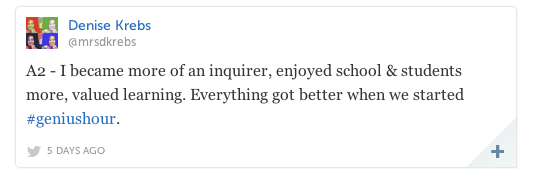
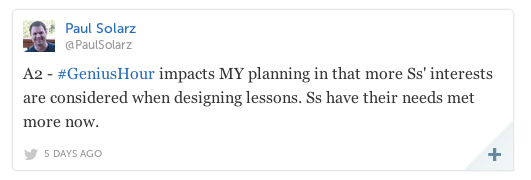



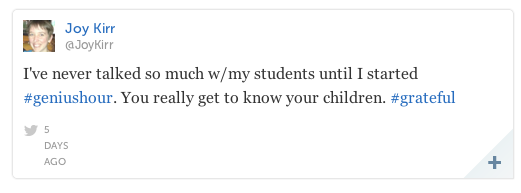
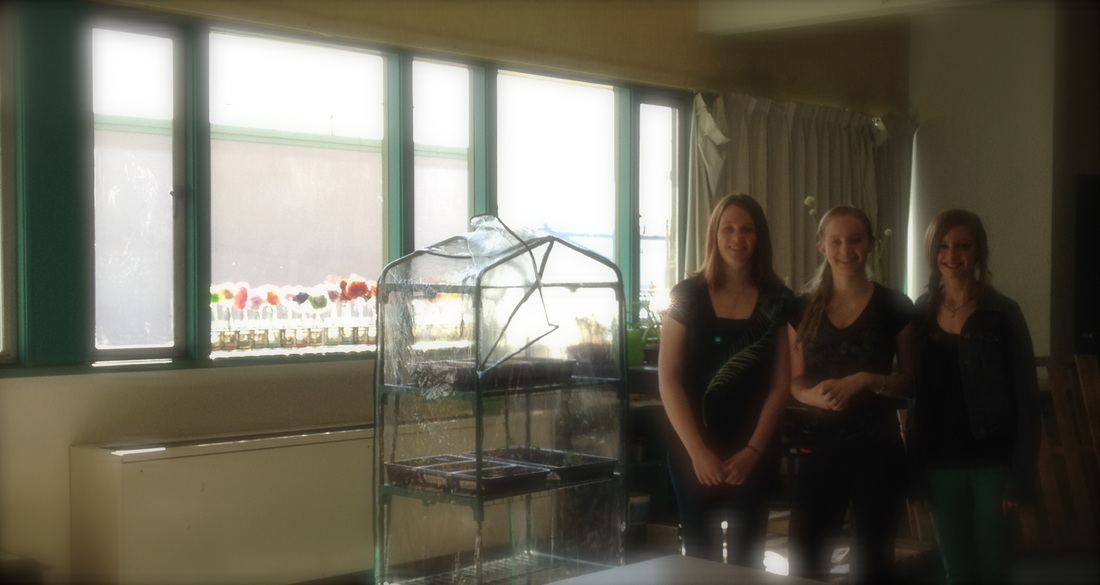
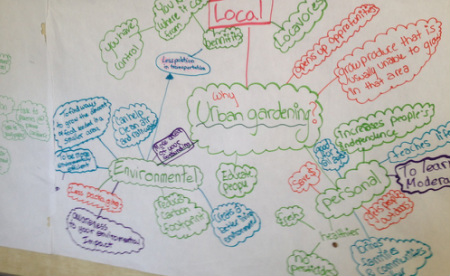
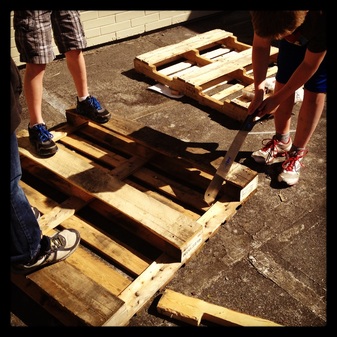
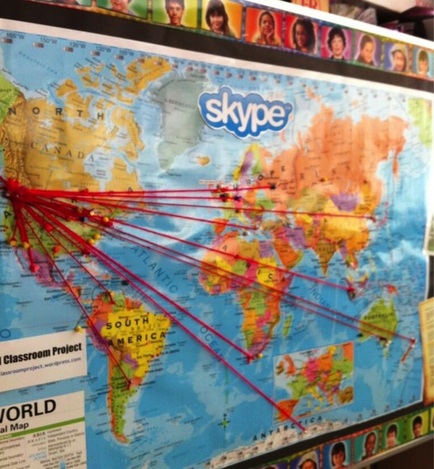
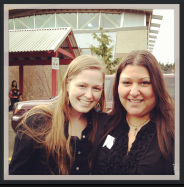
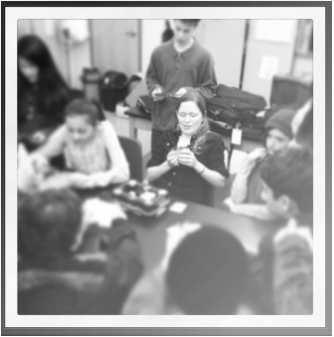
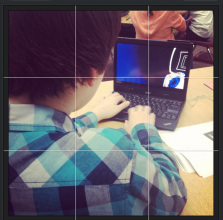
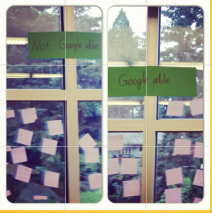
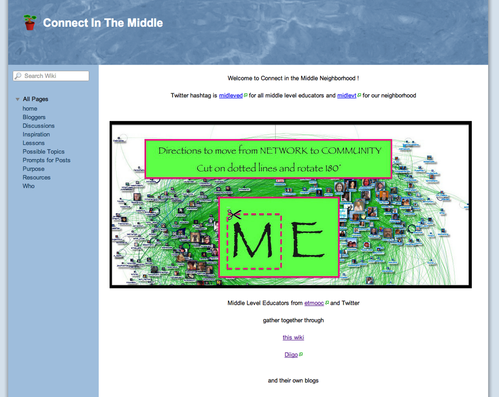
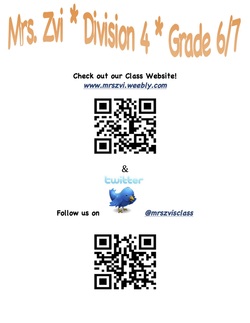
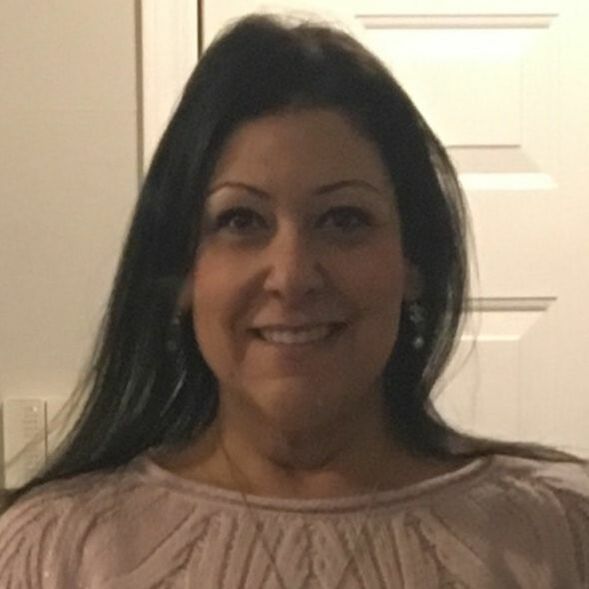
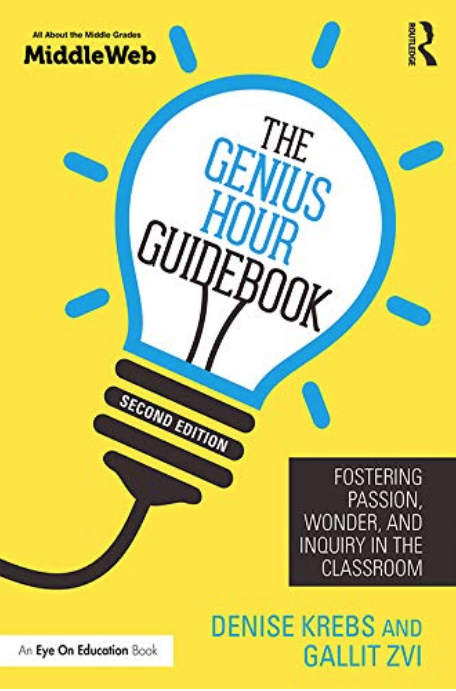
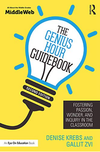
 RSS Feed
RSS Feed
